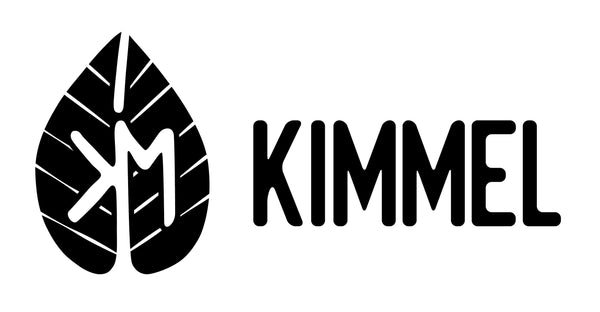Our Story
We started KIMMEL with a simple belief: that nourishing your body should feel good, taste amazing, and fit into real life.
Hi, we’re Kim & Mel—cousins who share a lifelong passion for wellness and a deep curiosity about how food impacts the way we feel. Our journey began with a shared vision to create snacks that truly support everyday health.
“We Built the Bar We Couldn't Find.”
Through our own experiences, we discovered the transformative power of choosing ingredients that you understand—without overcomplicating things. This led us to develop our collagen bars: made with grass-fed bovine collagen, MCTs, and clean, functional ingredients. They’re low in sugar, low in carbs, high in healthy fats—and designed to support your body from the inside out.
At KIMMEL, our goal is simple: to make healthy snacking effortless, enjoyable, and genuinely good for you.
We’re just getting started—and we can’t wait to grow our range with more on-the-go options that help you feel your best, every day.
Thanks for being here with us.
Kim & Mel
